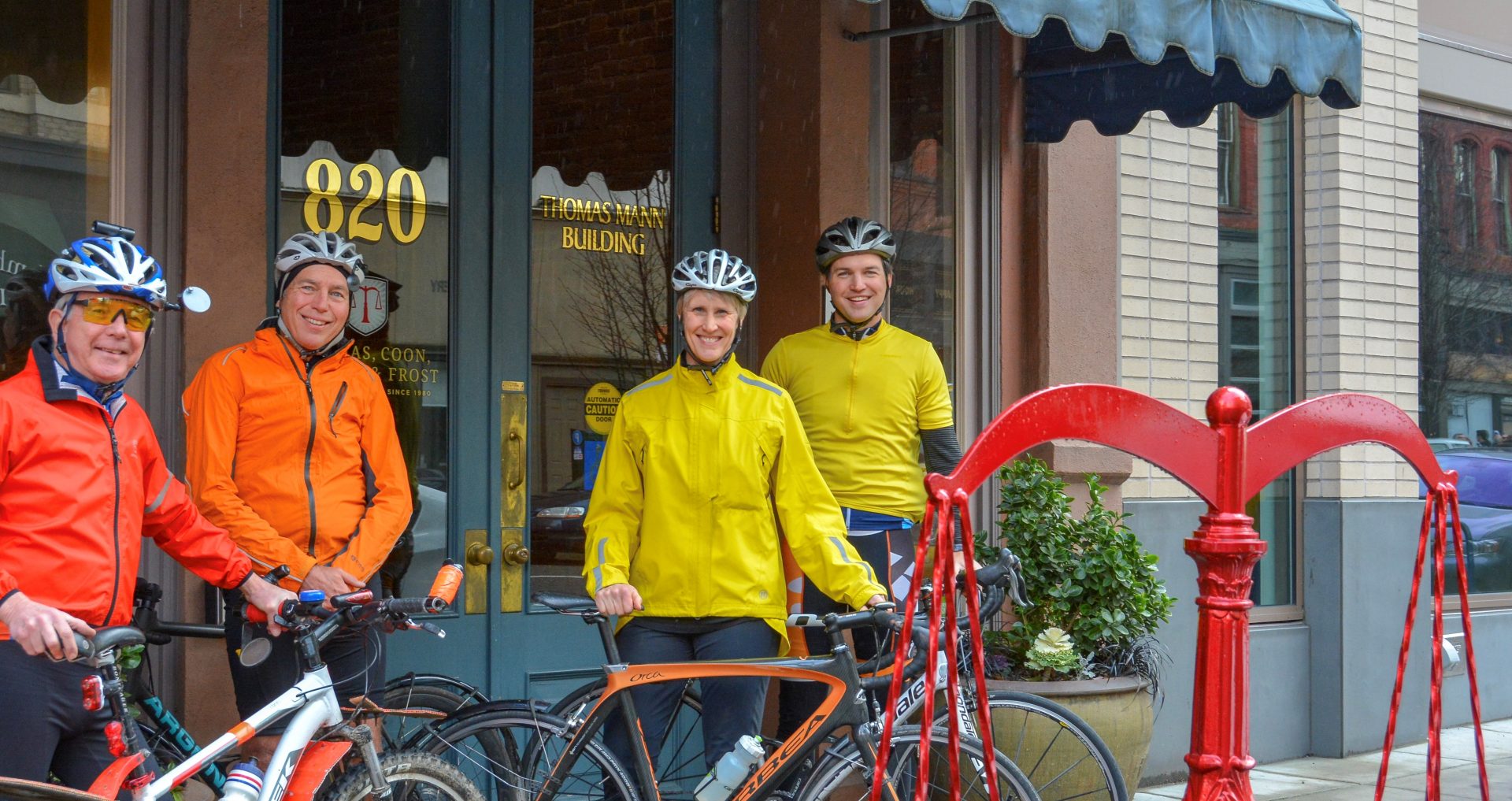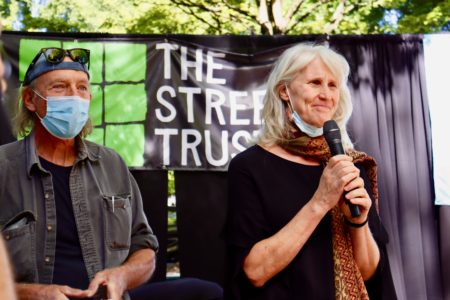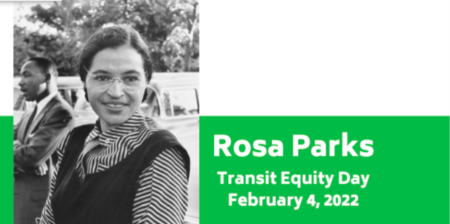
The Street Trust is proud to be among the ranks of grassroots transit rider groups, transportation, environmental, climate justice, civil rights, faith organizations, and transit workers unions recognizing transit equity as a civil right.
As we build back stronger and more equitably beyond the pandemic and with a focus on racial justice, transit access and justice will be critical. Access to transit means access to mobility, opportunity, and freedom. Rosa Parks’ work toward desegregation was only the beginning of the work we must do to ensure a transit system that works for all. Frequent, reliable, accessible transit service means access to jobs, education, services, housing affordability, and economic prosperity for communities.
The Street Trust fought for increased funding for transit in HB2017 and is fighting for a higher percentage committed to transit from the IIJA today. It’s important work, and we hope you will join us in it.
“People always say that I didn’t give up my seat because I was tired, but that isn’t true. I was not tired physically… No, the only tired I was, was tired of giving in.” ~Rosa Parks: My Story
In honor of Rosa Parks, Portland-area transit is fareless all day. TriMet will not collect fares for rides on the bus, MAX, WES or Lift Friday. Portland Streetcar and C-TRAN are also offering free rides.

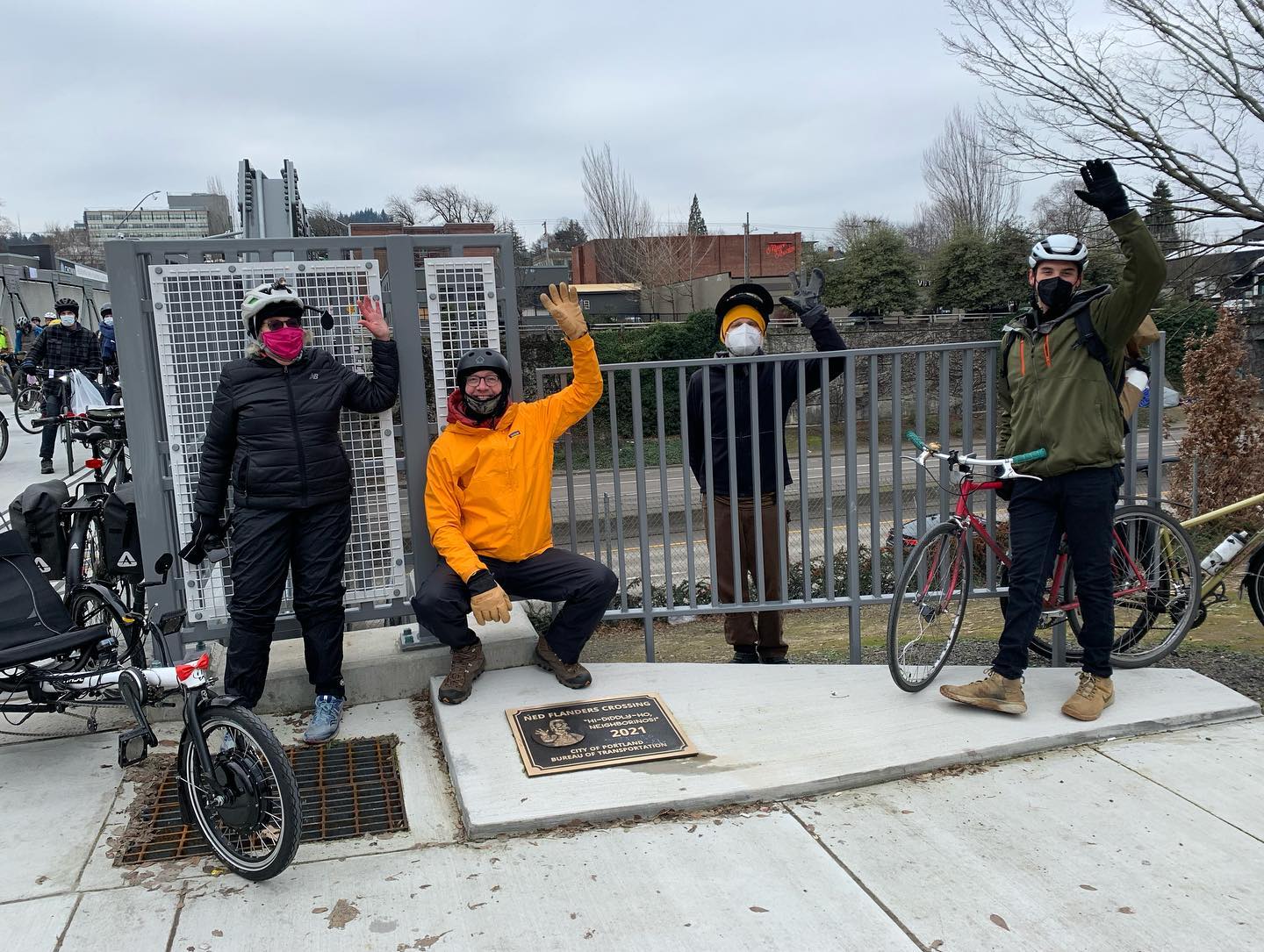
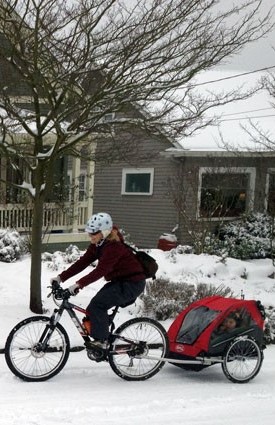 ur glasses. Or you can make one: remove the button from the top of a baseball cap and it will fit nicely under a helmet.
ur glasses. Or you can make one: remove the button from the top of a baseball cap and it will fit nicely under a helmet.
